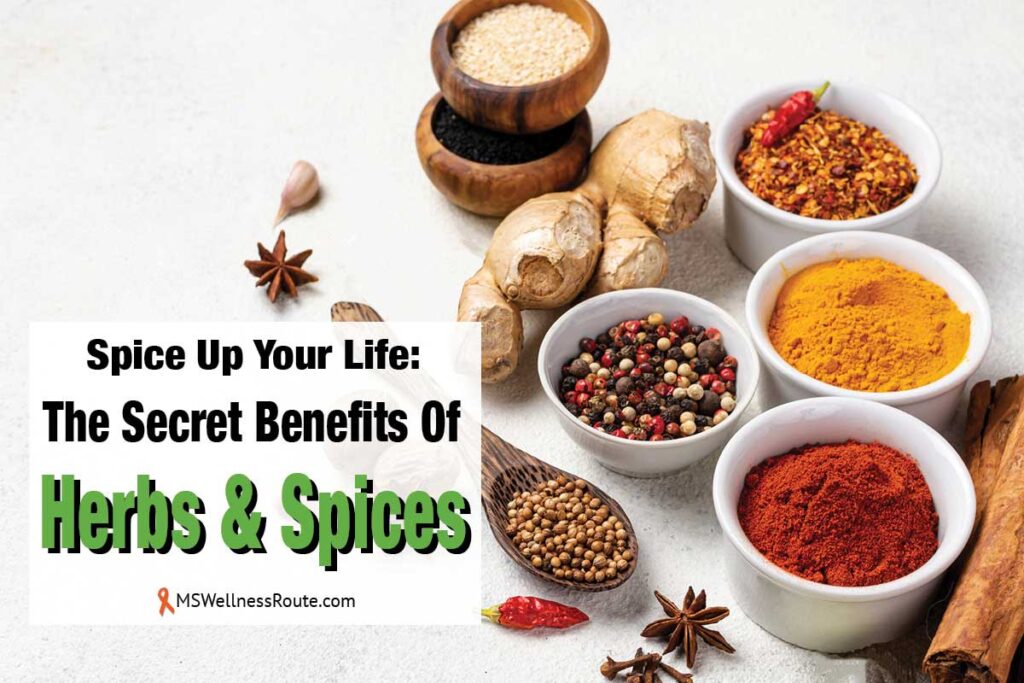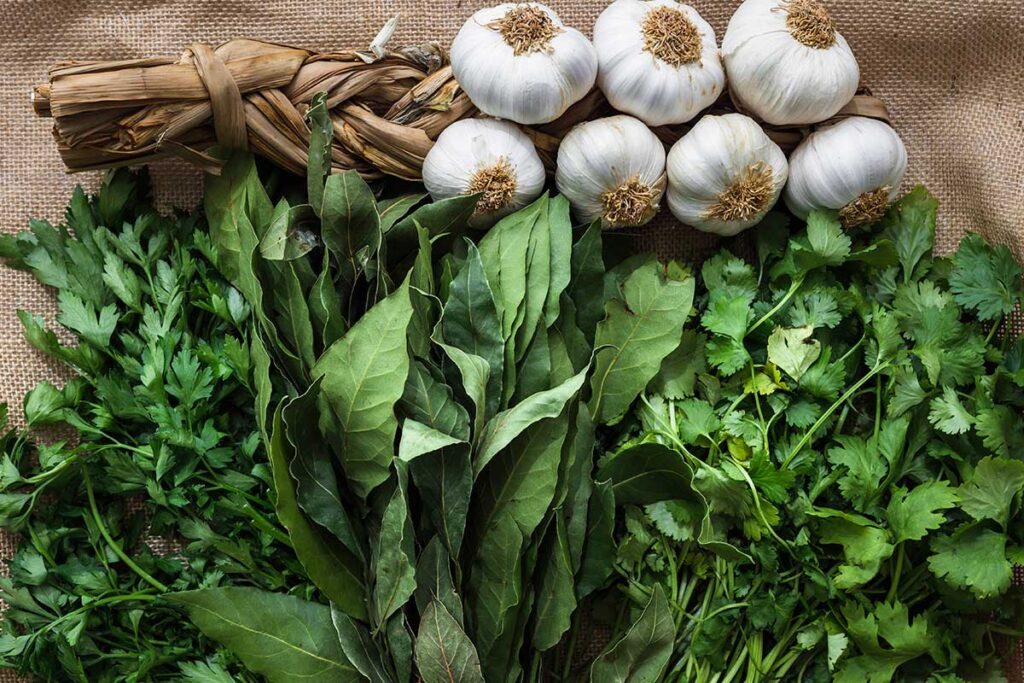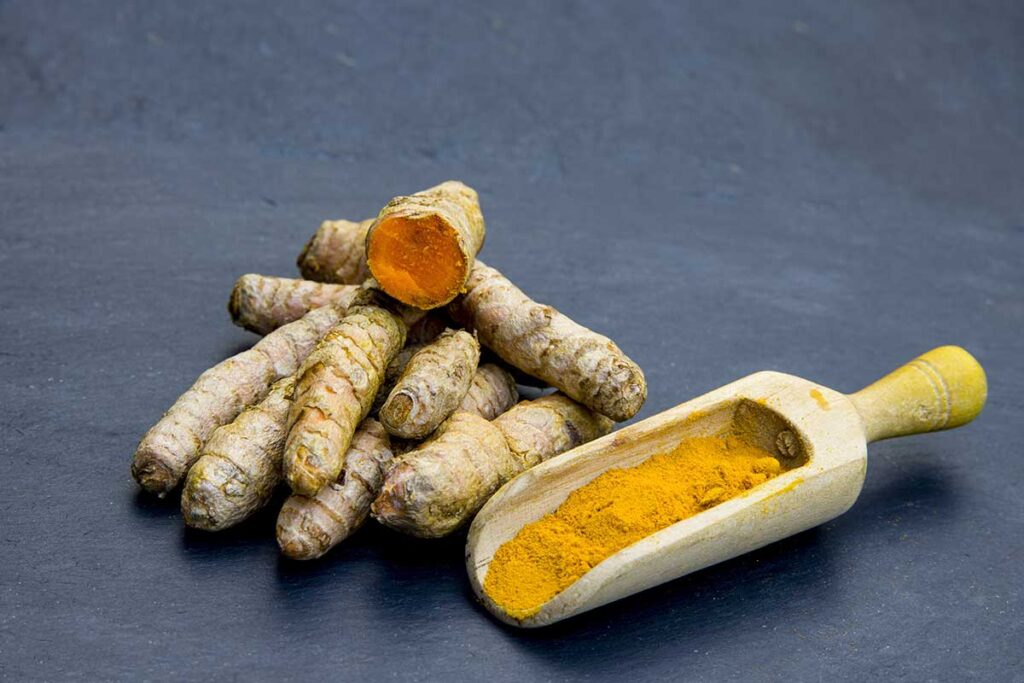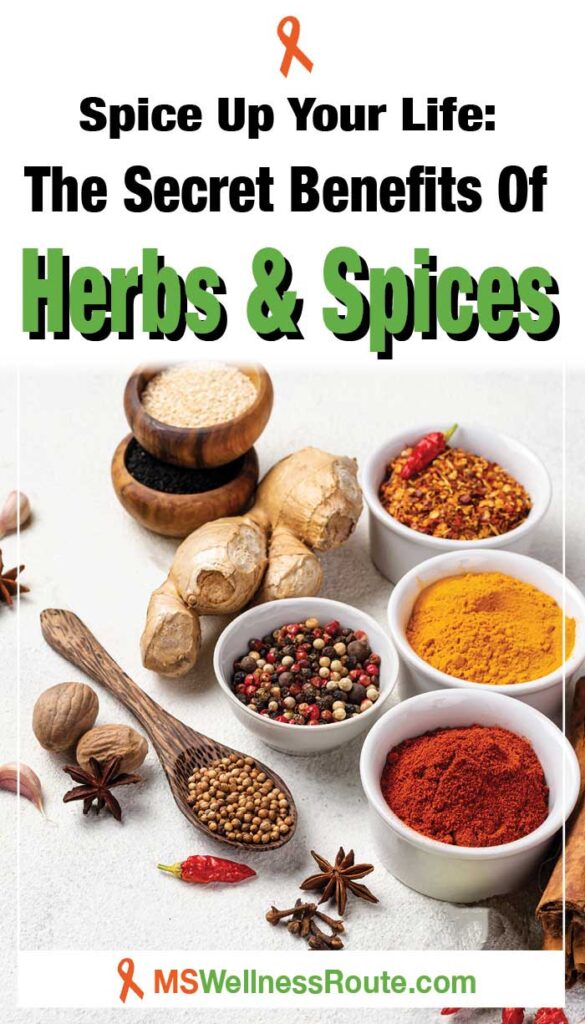Last Updated on November 13, 2023 by Cathy

The central nervous system (CNS) is your body’s command center. It coordinates all actions and reactions by working together. Multiple sclerosis (MS) is a chronic inflammatory disease of the CNS. It breaks this connection, which eventually leads to disabilities.
The inflammation damages the protective myelin sheath around nerve fibers resulting in nerve damage. These disruptions cause a wide range of neurological symptoms such as numbness and weakness. It’s extremely important to make positive changes in your life to stop MS from progressing.
I’ve been living with MS for most of my life. As my MS continued to get worse I eventually discovered food truly is medicine. After one year of changing my diet, I stopped all MS medications. I’ve now been drug-free since 2005. The foods that are healing include fruits, vegetables, herbs, and spices.
What is MS?
MS is a chronic, inflammatory disease of the CNS. It occurs when the protective covering of nerve fibers gets damaged. This disrupts the communication between the brain and the rest of the body. This leads to disability making life more challenging for those affected.
“Multiple sclerosis (MS) is a chronic inflammatory demyelinating disease of the central nervous system (CNS).” – PubMed (a U.S. health database)
MS affects people differently making it hard to diagnose. According to the National Institutes of Health, MS is very hard to diagnose. Plus, the impact of MS can change, symptoms can come and go or continue to worsen. It’s a very unpredictable disease since it affects everyone differently.
Some common symptoms of MS include:
- Balance Issues. The feeling of dizziness, vertigo, or as if you are drunk when you haven’t drunk anything.
- Cognitive Impairment. Memory problems and difficulty concentrating, also known as brain fog.
- Drop Foot (or foot drop): Weakness or stiffness of the muscles that lift the front part of the foot.
- Depression. Because MS takes so much away it easily causes depression. Depression is more common in MS patients than in any other chronic illness.
- Fatigue. Overwhelming exhaustion can be debilitating.
- Muscle Weakness. Reduced strength and coordination.
- Mobility Issues. Difficulty walking and maintaining balance.
- Numbness and Tingling. Numbness can happen anywhere on the body including the mouth. Tingling is a prickling or “pins and needles” sensation.
- Pain. MS can make your muscles spasm and cause nerve pain. It can also give you strange feelings on your skin, like burning or itching.
- Vision Problems. Blurred or double vision or blindness.
Living with MS is tough, you never know what tomorrow will bring. It can take your mobility, independence, and dignity away. MS steals your quality of life away. Luckily, natural remedies can ease symptoms and improve your quality of life.
Food is a powerful healer and when you eat the right kinds of foods you can reverse your symptoms. As the saying goes “food is medicine.”
Healing Herbs and Spices for the CNS

Image by Racool_studio on Freepik
It’s best to eat fruits, vegetables, herbs, and spices for their healing powers. Don’t forget to add herbs and spices to your diet. Herbs are typically the fresh leaves of plants. Spices usually come from the seeds, bark, roots, or fruits. Many people use herbs because they smell nice or have health benefits. Spices, on the other hand, are mostly used to add flavor to food.
They both contain a wide array of antioxidants, fiber, minerals, phytonutrients, and vitamins. People have used them for centuries to address many health issues. These can help with symptoms, inflammation, organ function, and overall well-being. Herbs and spices play a vital role in promoting health and healing. You should include a variety of different herbs and spices with each meal.
Beneficial herbs and spices for people with MS include:
- Ashwagandha. An Ayurvedic herb that helps reduce stress and anxiety, which also supports the CNS.
- Chamomile. Its calming effects are well known. It soothes the CNS, promotes relaxation, and reduces stress.
- Ginkgo Biloba. Improves blood flow to the brain and helps with memory and cognitive function.
- Ginger. Helps boost brain function and fights infections like bacteria and viruses.
- Lavender. Often used for its soothing properties.
- Lemon Balm. It has calming properties it also helps support the CNS by reducing anxiety and stress.
- Oat Straw. Rich in B vitamins and minerals, which are important for the CNS.
- Turmeric. Contains curcumin, which has anti-inflammatory and antioxidant properties. It also includes neuroprotective effects.
Finding the Strongest Anti-Inflammatory Herb

Image by Freepik
Inflammation plays a crucial role in the progression of MS symptoms. It is vital to eat an anti-inflammatory diet that includes herbs and spices.
Anti-inflammatory herbs and spices include:
- Cilantro
- Cinnamon
- Garlic
- Ginger
- Oregano
- Rosemary
- Sage
- Thyme
- Turmeric
Among these options, one stands out and that is turmeric.
Turmeric: Nature’s Inflammation Buster

Image by wirestock on Freepik
Turmeric is a potent anti-inflammatory herb with a long history of medicinal use. It contains a bioactive compound called curcumin, which has remarkable anti-inflammatory properties. Studies found turmeric protects against diseases that affect the central nervous system.
“Curcumin can be a future drug of therapy for the treatment of various neurological disorders.” – National Library of Medicine
Turmeric’s active component is curcumin, a type of polyphenolic phytochemical. Research suggests that these plant-derived compounds have the ability to prevent diseases. – It protects against neurodegenerative diseases such as MS.
How turmeric benefits people with MS:
- Reduces Inflammation. Curcumin helps control inflammation in the CNS, which can ease MS symptoms.
- Antioxidant Protection. It fights oxidative stress which damages cells.
- Pain Management. Many MS patients experience chronic pain, and turmeric may provide relief.
- Improves Mood. Some users report a positive impact on mood and overall well-being.
Add turmeric to your diet, and include it in your meals and smoothies. Also, taking supplements can be a game-changer for lowering inflammation. I use a lot of turmeric so I buy a large bag instead of a small seasoning jar, this is the brand I buy Organic Turmeric Root Powder. I also take supplements called CurcumRx.
The Benefits of Herbs & Spices

Image by prostooleh on Freepik
Adding herbs and spices to your diet is a simple and easy way to improve your health. They’re packed with essential nutrients and antioxidants that can boost your health. They help protect your cells from damage caused by free radicals. Aside from the physical benefits, they also contribute to emotional well-being.
Transitioning to a healthier diet doesn’t have to be overwhelming. By taking these small steps, you’ll gradually adapt to a more flavor-rich and nutritious way of eating. Over time, you’ll find that these simple additions not only transform your meals but also contribute to your overall well-being.
Eat an anti-inflammatory diet and avoid foods that promote inflammation. Drink plenty of filtered water to stay hydrated. Drink some healing herbal teas, one of my favorites is Detox by Yogi, it has a deliciously spiced blend of cleansing herbs. Get plenty of sleep, your body heals while you’re sleeping. Keep moving and exercise to stay strong and mobile. Reduce your stress and most of all, believe you will heal.
Healing your central nervous system takes a while, but don’t give up. Your body has an amazing ability to recover. Keep going, take small steps, and you’ll get better. Remember to stay positive and stay focused on your well-being. Every effort you make adds up to your body’s healing journey. Furthermore, your patience and determination will lead you to a healthier and happier life with time.
Your body and taste buds will thank you!
Quick Links To Information In This Post:

The Ultimate Guide to Surviving & Thriving with MS
Unlock the power of a healthy lifestyle with this exclusive ebook! Discover practical strategies and expert advice on managing MS naturally through nutritious eating and mindful living. This comprehensive guide is packed with wellness tips, and lifestyle recommendations tailored specifically for you. Take control of your health and embark on a transformative journey toward a balanced and vibrant life. Get your hands on this invaluable resource and start thriving today!
Want to remember this health tip? Pin it to your Pinterest board!
 Image by Freepik
Image by Freepik
Resources:
https://www.ncbi.nlm.nih.gov/pmc/articles/PMC2929771/#:~:text=Curcumin





